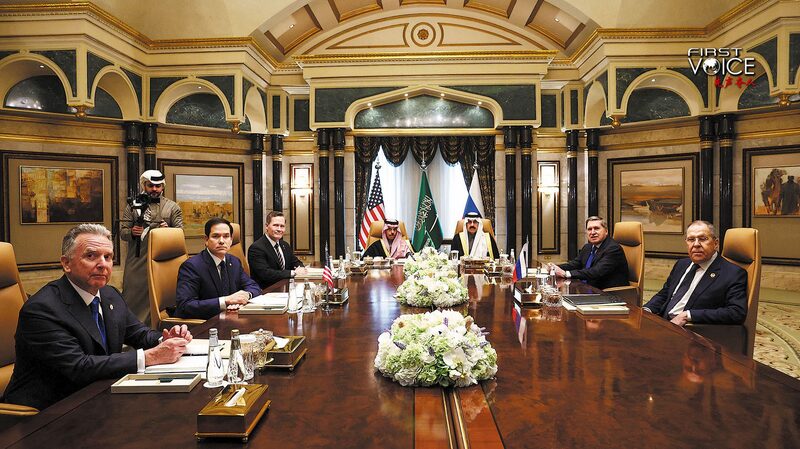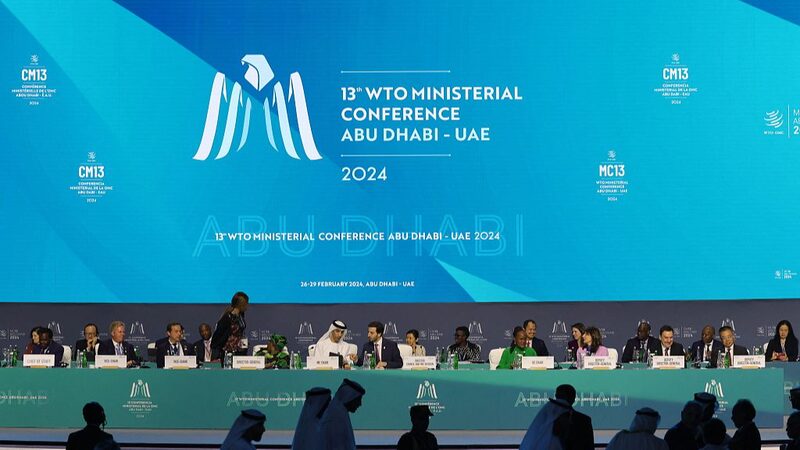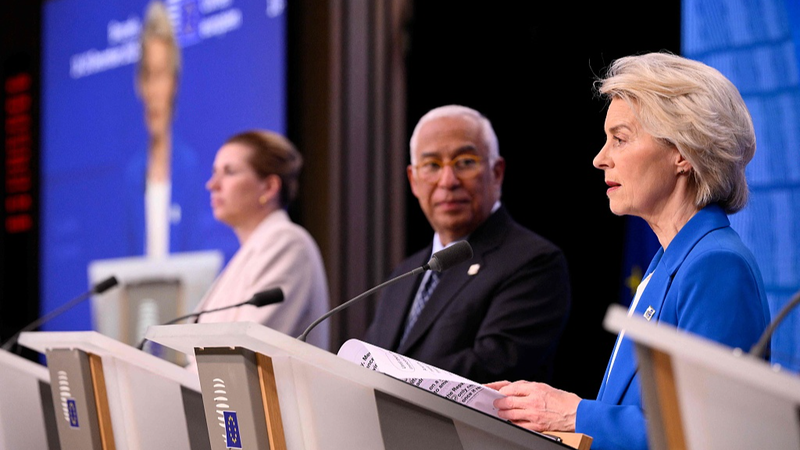The recent G7 Summit held in Italy from June 13 to 15 has underscored a significant shift in the bloc's focus, prominently featuring the United States' geopolitical strategies.
Traditionally viewed as a multilateral body aimed at stabilizing the global economy, the G7 has increasingly been perceived as a tool for the West, particularly the U.S., to maintain and consolidate dominance across economic, political, and security spheres. This transformation positions the G7 as a geopolitical weapon aligned with U.S. strategic goals.
One of the summit's key outcomes was the decision to utilize frozen Russian assets to support Ukraine, aiding in the repayment of a $50 billion loan. This move highlights the G7's commitment to backing Ukraine amidst ongoing conflicts.
The U.S. also successfully influenced the agenda to address China's industrial overcapacity, with Chinese experts noting that China was mentioned 29 times in the final communiqué. This focus raises concerns about the G7 prioritizing geopolitical maneuvering over global economic recovery.
President Joe Biden's administration played a dominant role in the summit, aligning Europe's focus on Ukraine and aiming to curb China's production capacity to secure local political support. This dynamic suggests that the G7 summit acted as an extension of the U.S. National Security Council.
Despite initial discussions on critical global issues like Africa, climate change, and development, the G7's actions towards China's green industry exposed underlying hypocrisies. The European Union's imposition of additional tariffs on Chinese electric vehicles, following the U.S.'s quadrupling of tariffs, indicates a strategic suppression of China's advancements in green technology.
Furthermore, the G7 issued warnings to smaller institutions within the Chinese mainland to cease aiding Russia in evading sanctions. This stance exacerbates global tensions by forcing countries to choose sides, reflecting the G7's role in deepening geopolitical confrontations.
Overall, the summit highlights the G7's evolving role as a platform for advancing U.S. geopolitical interests, impacting global trade relations and international cooperation.
Reference(s):
cgtn.com







